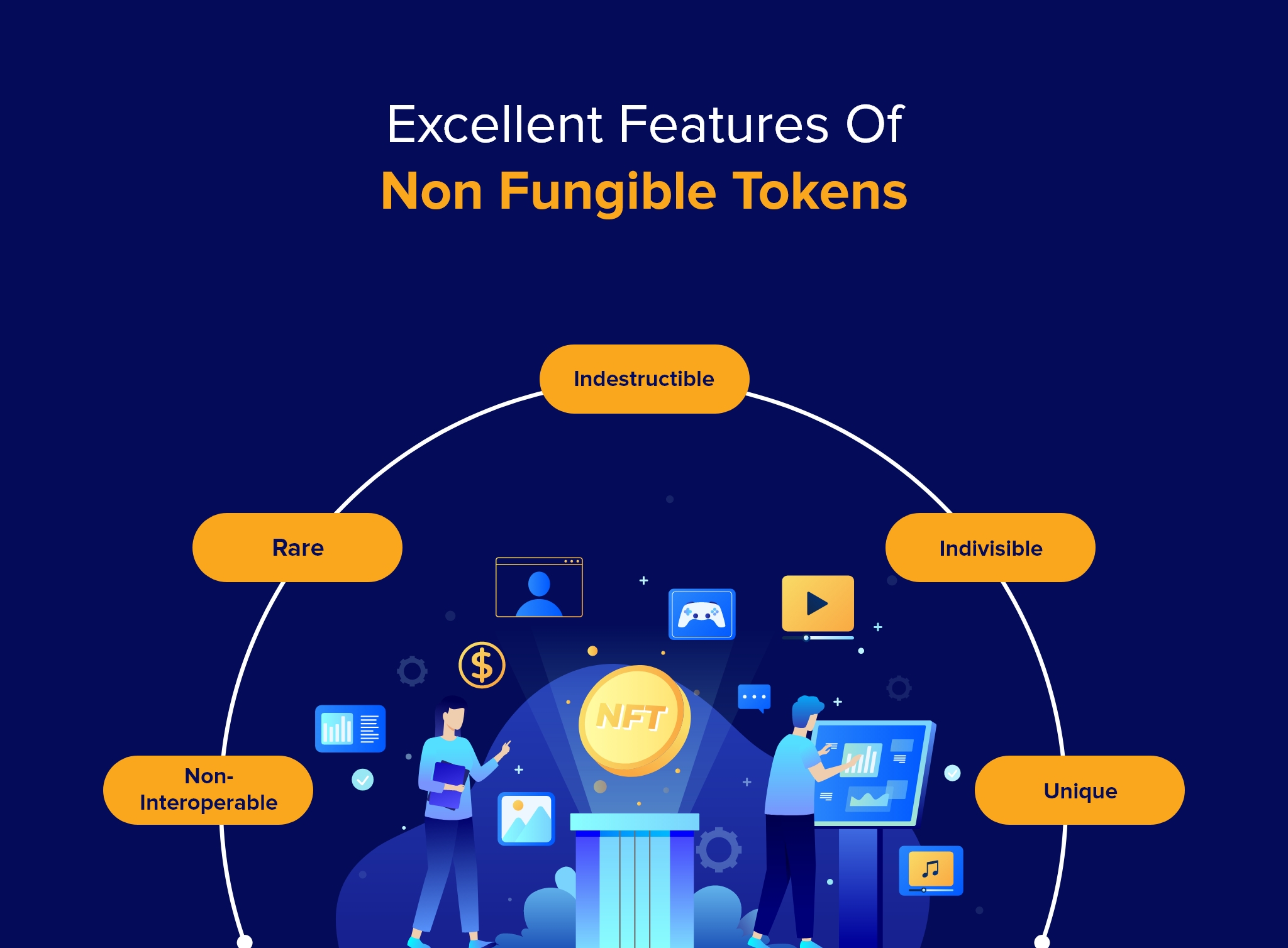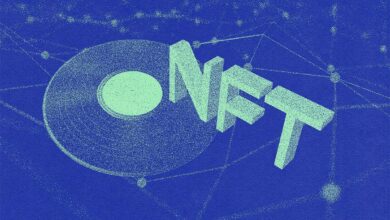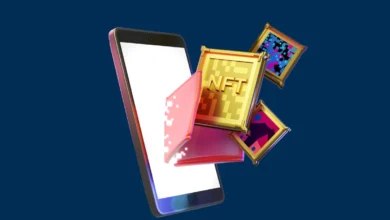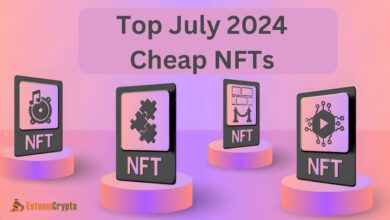Advantages and Disadvantages of Non-Fungible Tokens (NFTs)

Disadvantages of Non-Fungible Tokens: In recent years, non-fungible tokens (NFTs) have revolutionized the digital landscape. From art and music to collectibles and virtual real estate, NFTs have redefined how we perceive ownership and value in the digital realm. However, as with any emerging technology, NFTs come with their own set of advantages and challenges. This article explores both sides, 20 Most Expensive NFT Sales in History You Need offering a balanced perspective on their impact.
Benefits of NFTs
1. Authenticity and Ownership
NFTs provide a reliable way to establish digital ownership and authenticity. Unlike traditional digital files, which can be easily duplicated, NFTs are unique and non-replicable. Each NFT carries a digital signature that verifies its authenticity and proves ownership. This innovation empowers artists, creators, and collectors by enabling them to securely trade and monetize digital assets.
2. Empowering Artists and Creators
 NFTs have given artists and creators the ability to monetize their digital works directly. In the past, digital artists often struggled to secure fair compensation. With NFTs, creators retain control over their work, set prices, and even earn royalties on secondary sales. This model provides a sustainable revenue stream and enhances creative independence, potentially revolutionizing the art industry.
NFTs have given artists and creators the ability to monetize their digital works directly. In the past, digital artists often struggled to secure fair compensation. With NFTs, creators retain control over their work, set prices, and even earn royalties on secondary sales. This model provides a sustainable revenue stream and enhances creative independence, potentially revolutionizing the art industry.
3. Tokenizing Real-World Assets
NFTs are not limited to digital items; they also enable the tokenization of real-world assets. This includes fractional ownership of items like art, real estate, or vintage cars. By democratizing access to previously exclusive markets, NFTs allow people with limited resources to invest and participate in high-value asset markets.
4. Royalties and Residual Income
NFTs allow creators to earn ongoing royalties from secondary sales. Unlike traditional transactions, where artists receive payment only once, NFTs ensure creators continue to benefit from the increasing value of their works over time, offering long-term financial stability.
Challenges of NFTs
1. Environmental Impact
One of the most significant criticisms of NFTs is their environmental footprint. Minting NFTs relies on energy-intensive blockchain technology, often linked to high carbon emissions. As NFTs grow in popularity, finding sustainable solutions to reduce their environmental impact becomes essential.
2. Market Speculation and Volatility
The NFT market has seen significant speculative activity, with buyers often investing in NFTs for potential financial gains. This speculation has led to concerns about a market bubble, where the value of many NFTs may not be sustainable. Additionally, the market’s susceptibility to fraud and scams raises questions about investor protection.
3. Exclusivity and Accessibility
The cost of minting and purchasing NFTs can be prohibitive for emerging artists and individuals with limited means. This raises concerns that NFTs might primarily benefit established creators and wealthy collectors, potentially widening the gap in the creative industry.
4. Copyright and Intellectual Property Issues
NFTs have also brought challenges related to copyright and intellectual property rights. Cases of unauthorized creation and sale of NFTs based on others’ work have emerged, leading to disputes over proper attribution and legal ownership.
AirNFTs: Bridging the Gap Between Opportunities and Challenges
While balancing the pros and cons of NFTs is complex, platforms like AirNFTs are making strides to address these challenges. AirNFTs, a multi-chain NFT marketplace operating on Binance Smart Chain, Ethereum, Polygon, and Fantom, emphasizes accessibility, user-friendliness, and affordability.
With minting fees as low as under a dollar, AirNFTs enables creators and collectors to participate in the NFT ecosystem with ease. By prioritizing user control and promoting an inclusive environment, AirNFTs aims to bring NFTs to the mainstream, empowering users to thrive in this evolving digital frontier.
NFTs undoubtedly offer groundbreaking possibilities, but they also require careful consideration of their broader implications. With ongoing innovation and responsible practices, the potential of NFTs can be harnessed for the benefit of creators, collectors, Disadvantages of Non-Fungible Tokens and the digital economy as a whole.
Conclusion
Non-fungible tokens (NFTs) have introduced a revolutionary way to define ownership, empower creators, and tokenize assets. While they offer significant benefits like authenticity, residual income, and democratized access to investments, they also present challenges, including environmental concerns, market volatility, and issues with accessibility and intellectual property.
As the NFT ecosystem evolves, striking a balance between innovation and responsibility will be crucial. Platforms like AirNFTs demonstrate how user-friendly solutions and sustainable practices can help bridge these gaps, ensuring a more inclusive and equitable NFT marketplace. Ultimately, NFTs hold immense potential to reshape industries, but their long-term success will depend on addressing their current limitations responsibly and thoughtfully.
[sp_easyaccordion id=”3398″]




